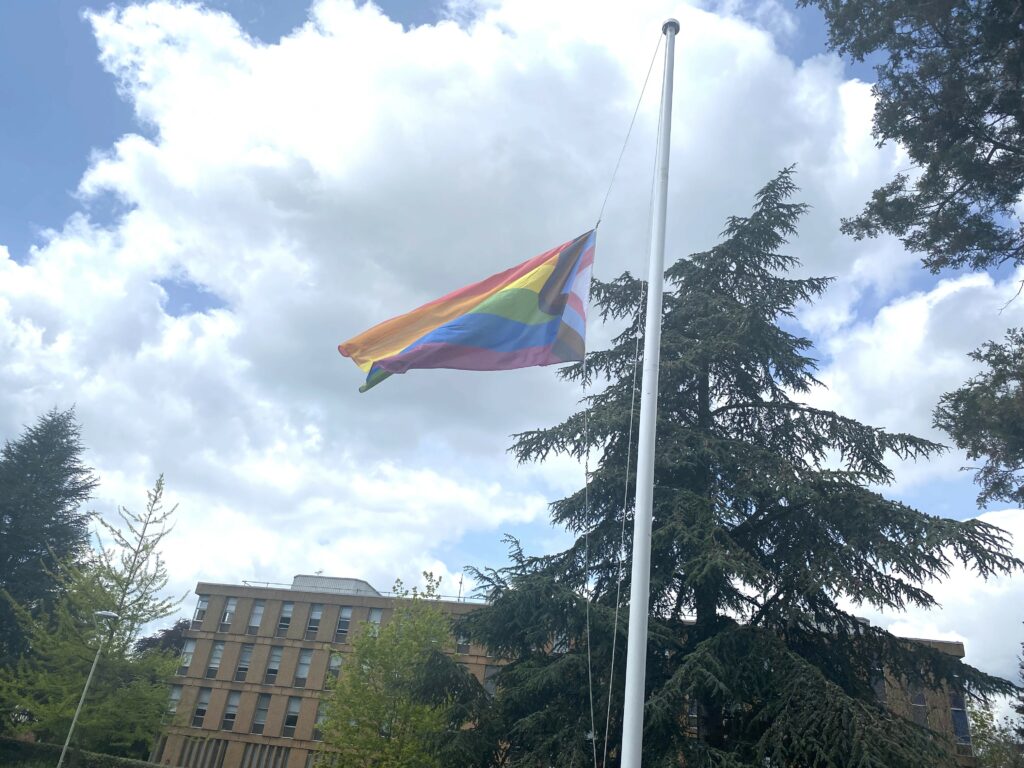We are proud to introduce the LGBTQ+ Travel tool, an electronic resource which allows universities and other employers to devise specific policies and practices for LGBTQ+ students and staff who are travelling internationally.
![]()
The toolkit also allows individuals to check how their university or employer is supporting them where LGBTQ+ international travel is concerned.
The tool is freely available and will be of interest to anyone who is concerned with LGBTQ+ international travel. The tool was developed with funding from Research England, allocated through the University of Reading’s Rapid Response Policy Engagement Fund.
What is the problem our toolkit seeks to address?
In recent years, the UK government’s International Education Strategy has sought to promote education export growth across the education sector, including in Higher Education. A key facet of this has been establishing international branch campuses. The Turing Scheme (replacing the EU-focused Erasmus scheme) promotes student exchanges worldwide. This policy benefits not only the UK economy but also students and staff.
Research demonstrates connections between engagement in internationalisation, student employability and staff career progression. However, LGBTQ+ staff can face challenges to their welfare when crossing international boundaries because of the diversity of legal, social and cultural treatment of LGBTQ+ persons worldwide.
Sixty-six countries globally retain criminal sanctions concerning sex between men while others criminalise lesbianism, do not protect LGBTQ+ persons against discrimination, do not recognise same-sex marriage, civil partnership or child custody rights, and target transgender people through laws prohibiting ‘cross-dressing’ and ‘disguise’ offences.
Our current research
While the International Education Strategy seeks to prioritise safety and flexibility, there is no discussion of LGBTQ+ student and staff safety.
We sent Freedom of Information request letters nationwide and found that only 27 universities (17%) have policies specifically about LGBTQ+ welfare concerns when travelling worldwide.
In March 2022, we explored the lived experiences of fifteen LGBTQ+ academics at UK higher education institutions. Individual interviews considered conceptions of institutional globalisation initiatives and inclusion of LGBTQ+ stakeholder concerns and experiences in policies and processes regarding international travel.
The cumulative findings of these research projects highlight that there is a distinct lack of effective policy including consideration of specified LGBTQ+ risks, dangers and concerns when travelling internationally. These circumstances have been exacerbated by several factors, including:
- LGBTQ+ stakeholders not being consulted or having their concerns dismissed in the process of institutional policy formation.
- A lack of or poorly informed policy to safeguard against specific risks to LGBTQ+ persons.
- The use of objective risk assessments which do not produce thorough and well-considered plans of action for LGBTQ+ international travellers.
The oversight of policy considerations can cause barriers to access for LGBTQ+ staff and students considering international travel for work or educational purposes, concerns on how to stay safe and avoid discrimination, violence and even prosecution in certain jurisdictions with different social and legal perceptions of LGBTQ+ persons.
More about our LGBTQ+ Travel Tool

The LGBTQ+ travel tool seeks to address this gap in policy. The toolkit available here LGBTQ+ International Travel Tool (lgbtqtraveltool.com) is interactive and freely accessible and guides employers and universities to create LGBTQ+ international travel policies.
Individuals can also check how their employer or university can minimise risks to their safety and wellbeing when travelling. Upon completion of the tool, users are provided with personalised feedback and suggestions (dependent on their input into the tool) to consider when developing international travel polices or checking their employer’s current policies and practices. There is a particular focus on the safeguarding of LGBTQ+ persons.
Dr Frances Hamilton is Associate Professor in Law at the University of Reading. Tahlia-Rose Virdee is a PhD student in the School of Law at the University of Reading.

